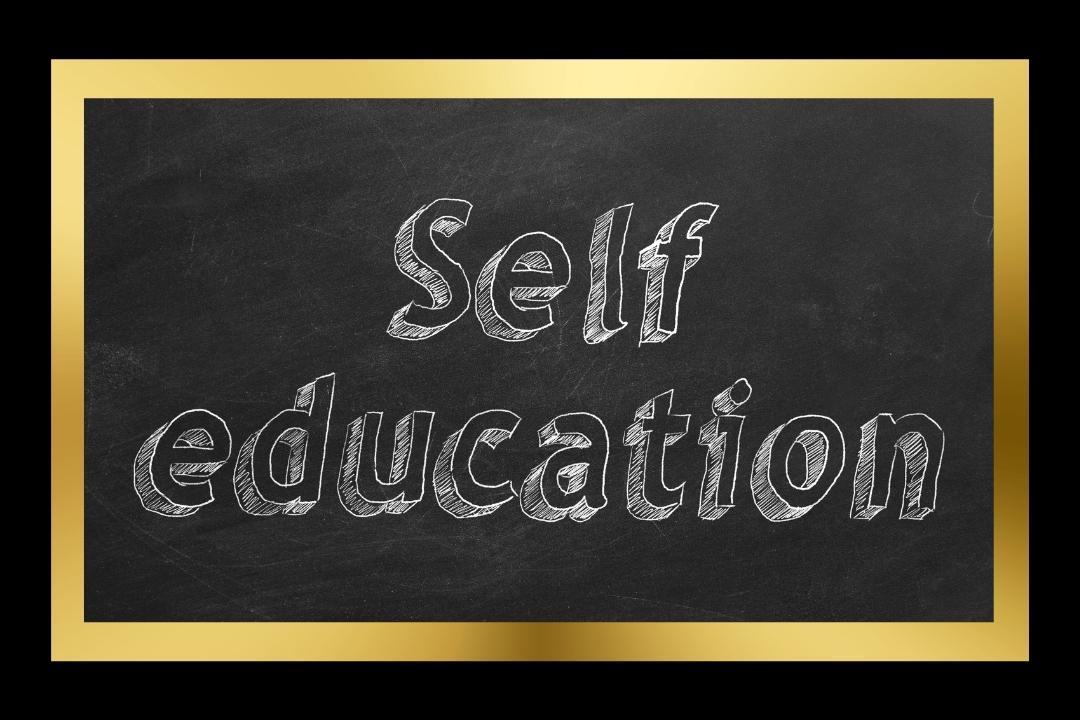
Maximising Tax Benefits: Self-Education Expenses
Claiming Self-Education Expenses: Turn Your Learning into Tax Gold
In today’s competitive world, investing in your education is like investing in pure gold. But did you know you may be able to claim some of your self-education expenses in your income tax return?
Understanding how to claim these expenses can help you stay ATO-compliant and maximise your tax benefits.
What Are Self-Education Expenses?
Self-education expenses are costs you incur when furthering your knowledge or skills for work. They include:
- Courses at educational institutions (even without a formal qualification)
- Training through industry or professional organisations
- Work-related seminars and conferences
- Self-paced learning and study tours, local or overseas
In short, if you’re polishing your skills for work, some expenses could be a gold mine for deductions.
Am I Eligible to Claim?
The ATO requires a “sufficient connection” between your current job and your study. Your learning must:
- Maintain or improve skills and knowledge you use now, or
- Likely lead to higher income in your current job.
If your study leads you into a completely new career, you won’t qualify.
Real-life examples:
Eligible: Declan, an enrolled nurse, studies a Bachelor of Nursing. His studies upgrade his nursing skills and future earnings.
Not eligible: Teri, a teacher’s aide, studies a Bachelor of Education to become a teacher. Since this changes her role, she cannot claim.
What Can You Claim?
If eligible, you can claim deductions for:
- Tuition fees or seminar costs (excluding fees paid through HECS-HELP, FEE-HELP, or VET Student Loans)
- Stationery, internet usage and textbooks
- Depreciation on laptops and tech used for study
- Travel between home or work and your study location (only the first leg of a combined trip is deductible)
- Accommodation and meals for overnight courses
- Interest on study-related loans (excluding government loan repayments)
Tip: Only claim expenses directly linked to your self-education. If an item (like a laptop) is shared between study and personal use, apportion the cost carefully and keep detailed records.
Important Stats to Know
According to the ATO, Australian taxpayers claimed over $1.6 billion in self-education expenses in the 2022-23 tax year. However, compliance checks are rising, with one in four education claims adjusted or rejected.
Expert Insight: “The key to claiming self-education expenses is proving a strong link to your current role. Think of it like tracing gold veins — if the link is clear and direct, your claim will shine bright.”
Gold Standards for Record Keeping
Good record-keeping is the Midas touch for successful claims. Keep:
- Receipts for all course-related expenses
- Course outlines and invoices
- Travel records, including distances and purposes
- Notes showing how the study relates to your job
The ATO requires you to keep records for five years from the date you lodge your tax return. This golden habit can save you stress if the ATO ever asks questions.
Final Nuggets of Advice
While investing in your skills can lead to higher earnings and better job opportunities, it’s important to claim carefully.
When unsure, don’t gamble with your future — seek professional advice. The ATO’s rules can be tricky, but a good adviser will help you strike gold without stepping on any compliance landmines.
Ready to turn your learning into tax savings?
Contact DJ Grigg Financial today for a golden consultation. We’ll help you claim correctly and maximise your return, the right way.